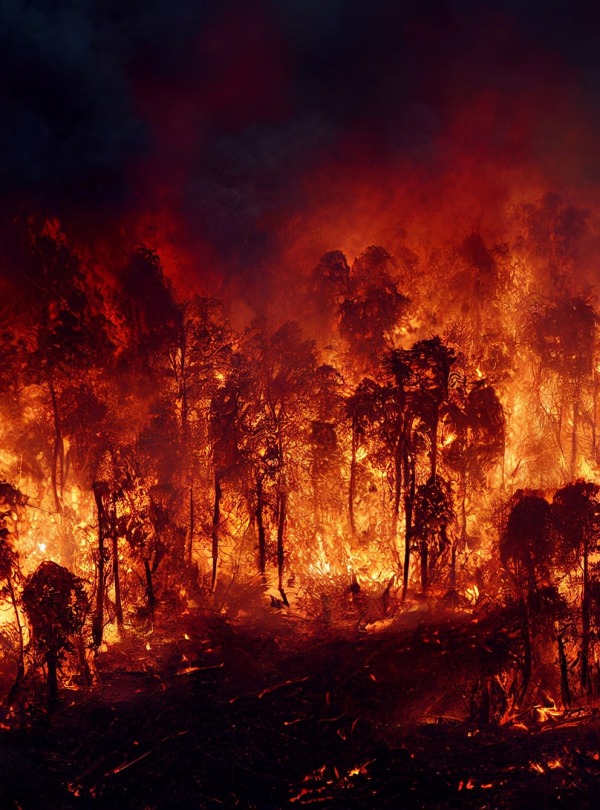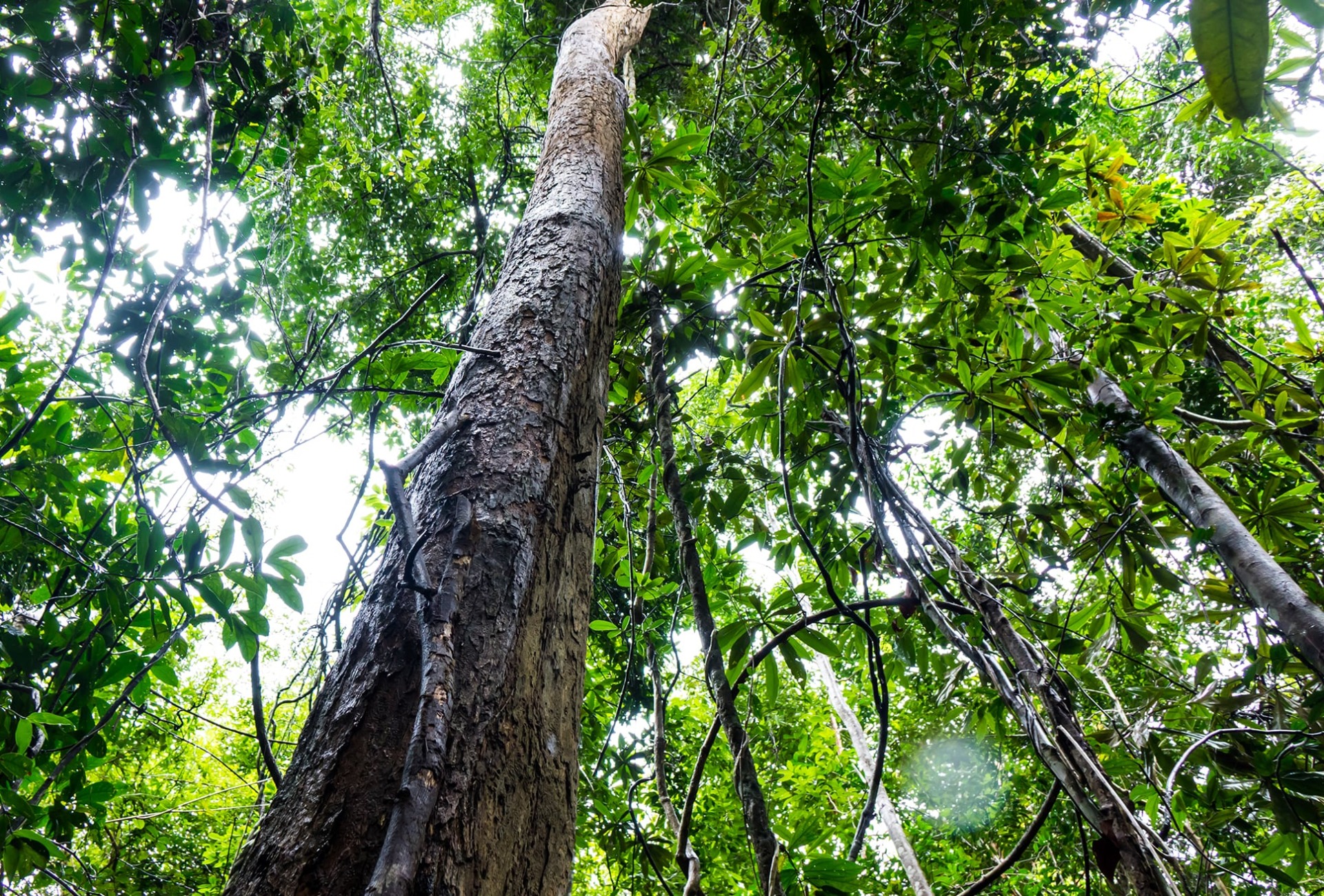
Guardians of Biodiversity: Support Indigenous Peoples in Isolation in the Brazilian Amazon
Support More Work Like ThisSupport More Work Like ThisThe traditional lifestyles of small communities of Indigenous Peoples in Isolation have safeguarded Brazil’s rainforests for centuries—but these territories face growing threats.
-
Species at Risk
Wacapou tree (CR), Pau-rosa (EN), Giant Otter (EN), Black-faced Black Spider Monkey (EN), Amazonian Manatee (VU)
-
Carbon stored
423,870,236 mT*
*(metric tons of CO2 equivalents) -
Partner
Observatory of the Human Rights of Isolated and Initial Contact Indigenous Peoples (OPI)
-
1,643,000 Proposed Acres Conserved by
Designation
-
Project Cost: $1,223,525
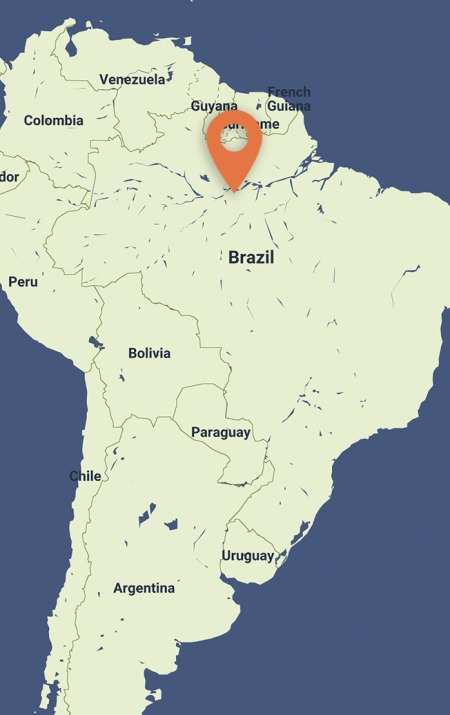
1,643,000
The traditional lifestyles of small communities of Indigenous Peoples in Isolation have safeguarded Brazil’s rainforests for centuries—but these territories face growing threats.
-
Species at Risk
Wacapou tree (CR), Pau-rosa (EN), Giant Otter (EN), Black-faced Black Spider Monkey (EN), Amazonian Manatee (VU)
-
Carbon stored
423,870,236 mT*
*(metric tons of CO2 equivalents) -
Partner
Observatory of the Human Rights of Isolated and Initial Contact Indigenous Peoples (OPI)
-
1,643,000 Proposed Acres Conserved by
Designation
-
Project Cost: £971,051

1,643,000
This project will prevent emissions equivalent to
gas-powered vehicles driven for one year.
Abundant biodiversity survives in the estimated 141 million acres of undesignated public lands in Brazil. Within this vast, unprotected area, more Indigenous Peoples in Isolation and Initial Contact live than anywhere else in the world. Their small communities and remote territories are particularly vulnerable to illegal activities by outsiders: land grabbing; illegal logging, fishing and mining; and deforestation for cattle ranching.
By law, Indigenous Peoples in Isolation and Initial Contact in Brazil cannot be directly approached. The Brazilian government has provided the legal framework for protecting the rights of these communities to live in isolation on their traditional territories. The responsibility for their protection falls under the jurisdiction of the National Foundation of Indigenous Peoples (FUNAI), a Brazilian government body that works on the ground to achieve these protections.
Rainforest Trust and our local partner, Observatory of the Human Rights of Isolated and Initial Contact Indigenous Peoples (OPI), are supporting work with the Brazilian government to advance legal recognition and land tenure rights for three territories totaling 1,643,000 acres located within highly intact regions of the Amazon rainforest. Once legally identified, demarcated and designated as Indigenous Lands, all uses outside those of resident Indigenous Peoples will be forbidden by Brazilian law.
Header photo: The Pau-rosa, by Superoke
Watch the recording of Rainforest Trust’s Field Journal: Brazil Strategy and Partner Event
Explore the Brazilian Amazon
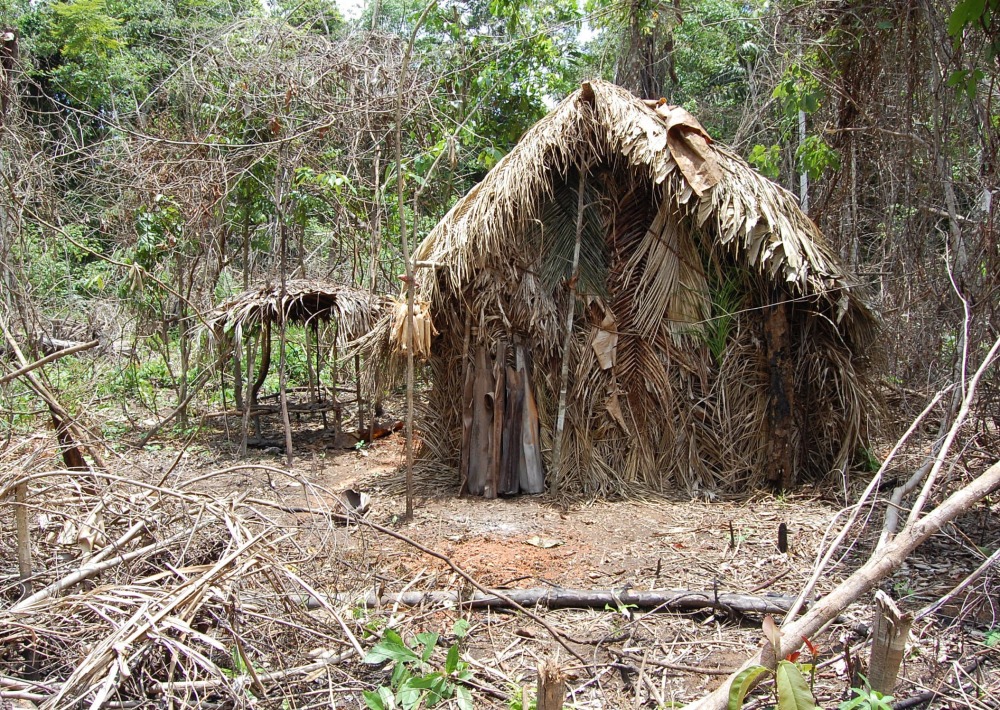
Hut of the Indigenous people from Tanaru, courtesy of FUNAI
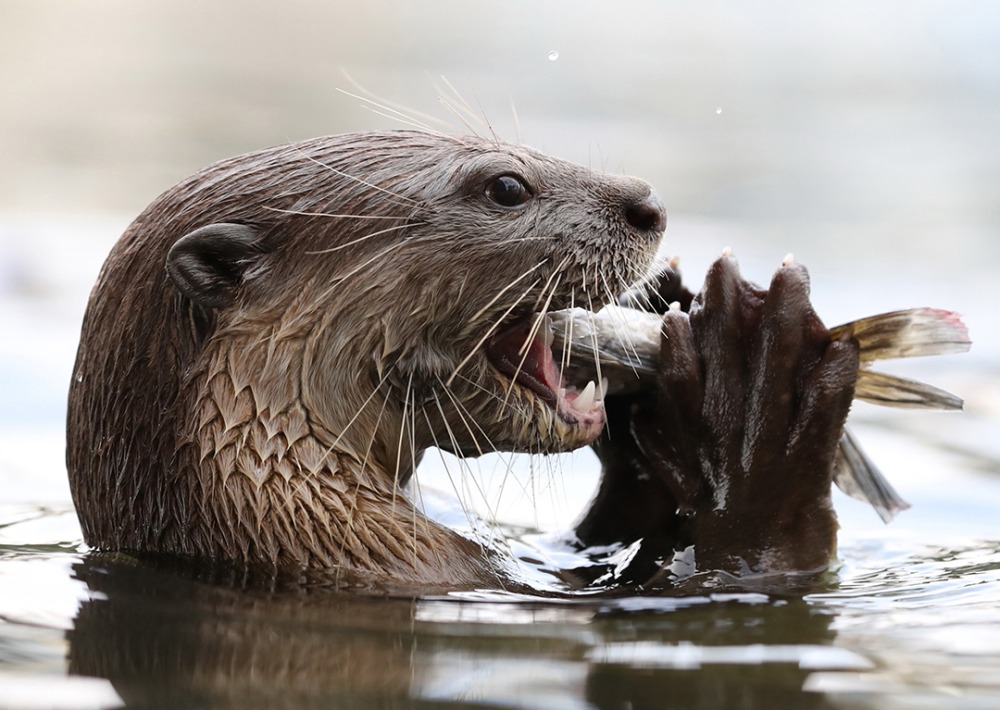
Giant Otter, by Natalia Tamkovich
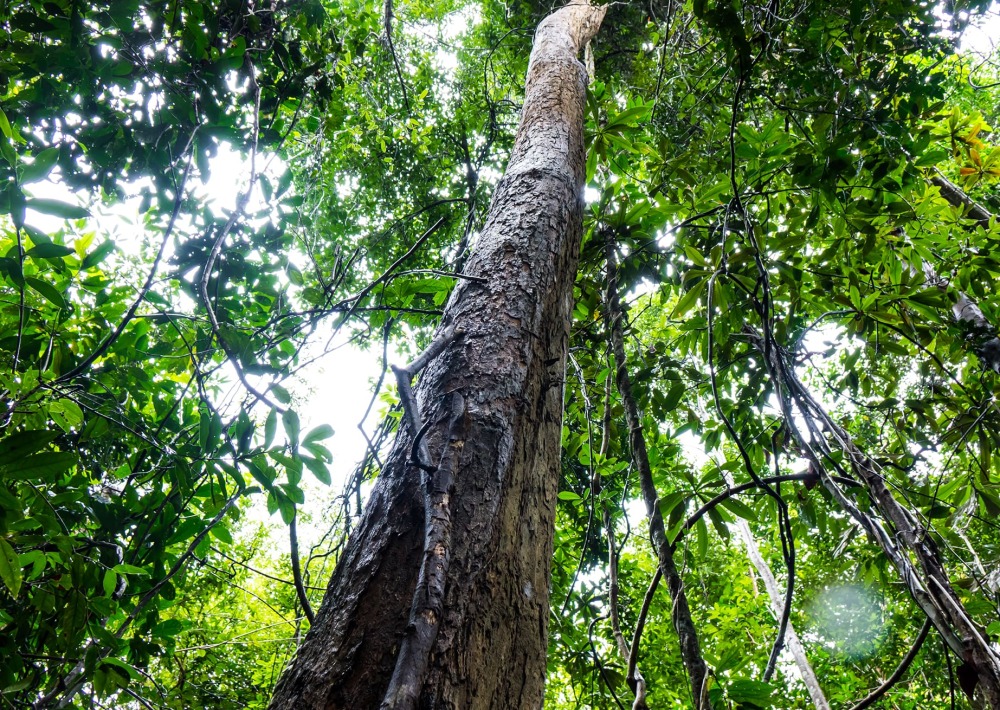
Pau-rosa, by Superoke
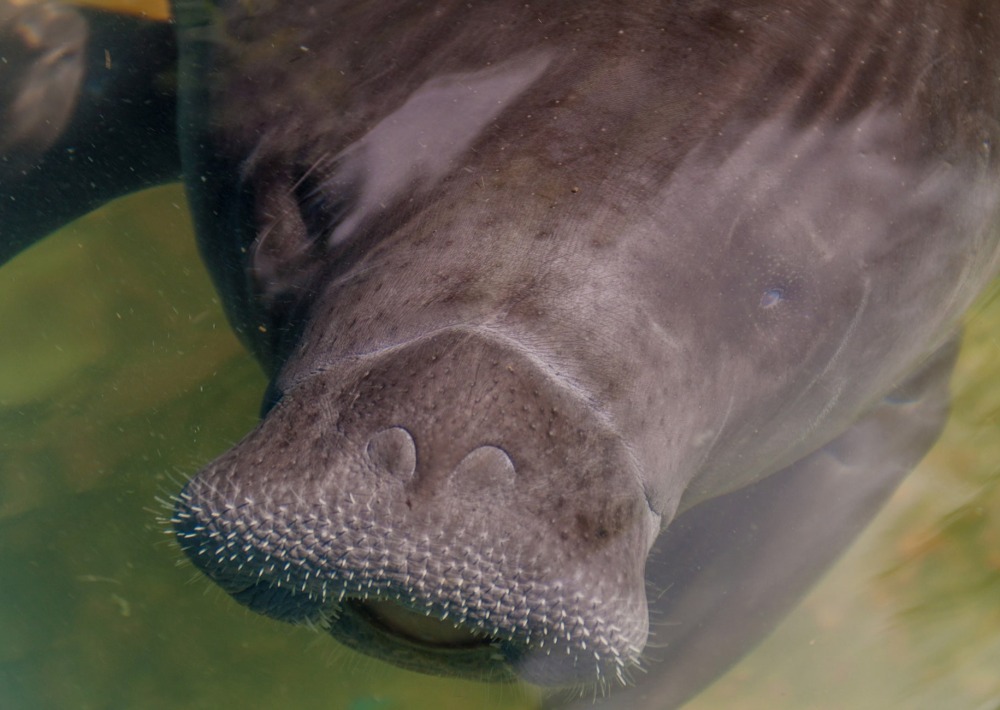
Amazonian Manatee, by Matyas Rehak
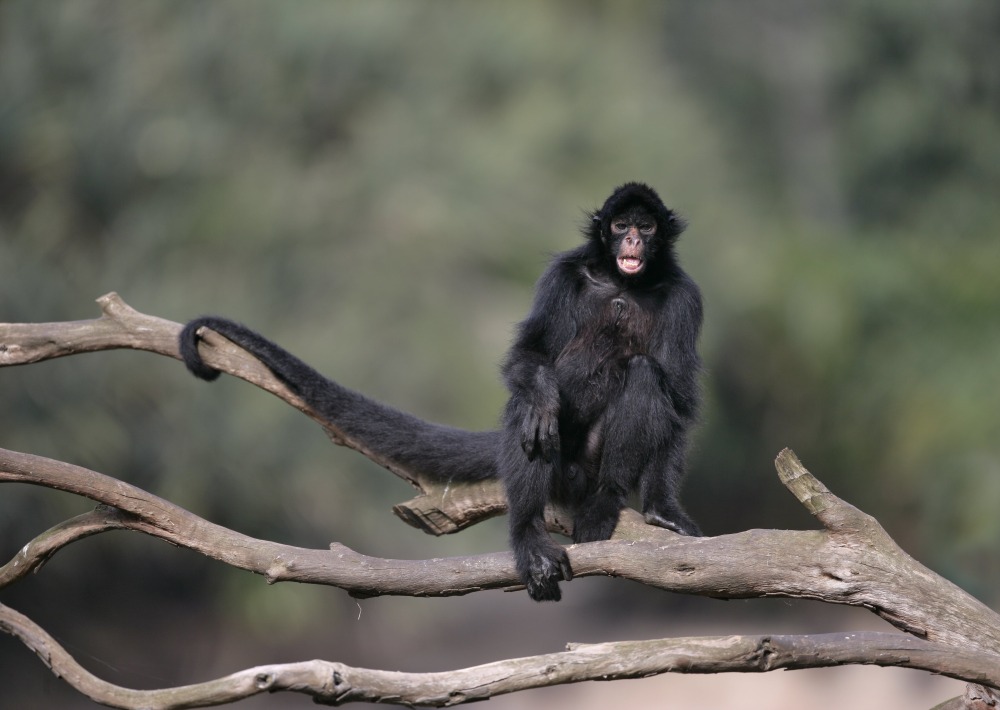
Black-faced Black Spider Monkey, by Mike Lane
Indigenous Peoples’ Traditional Lifestyles Protect Species
These ecologically intact territories are rich in endemic species. Although no biological surveys are permitted, these lands encompass the abundant biodiversity of the Amazon rainforest. Key threatened species known to be present in one or more of the territories include the Critically Endangered Wacapou tree; Endangered Pau-rosa (Rosewood), Giant Otter and Black-faced Black Spider Monkey; and the Vulnerable Amazonian Manatee.
Safeguard Vast Amounts of Carbon
Rainforests inhabited, owned and managed by Indigenous communities experience low deforestation, a result of their long history of living in harmony with nature. The three territories to be protected store over 423 million metric tons of carbon, which is equivalent to 94.3 million gas-powered vehicles being driven for one year.
Support the Legal Rights of Indigenous Peoples
Formal protection is needed to stop the onslaught of deforestation and illegal mining. Recognizing the magnitude of what will be lost, the Lula administration has made the demarcation and protection of Indigenous lands a top priority. We must act now in support before this abundant biodiversity and Indigenous ways of life are destroyed.
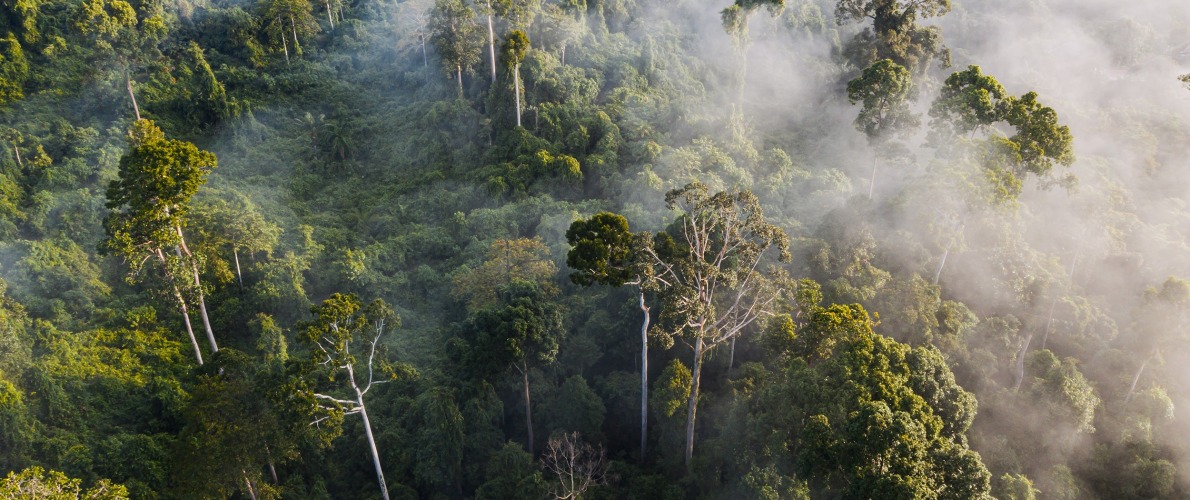
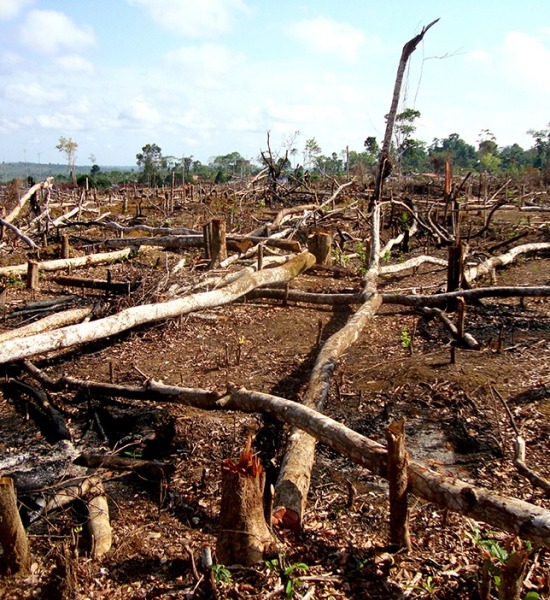
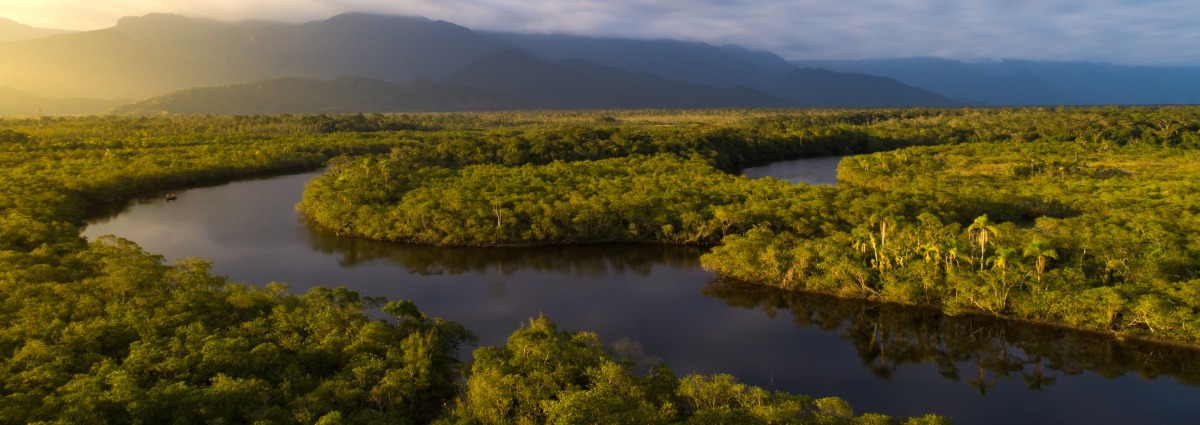
We Value Transparency.
Conservation work is critical, challenging, and can be costly. We work hard to ensure we raise only the funds needed for each project. In the rare case we raise more money than needed or a project comes in under budget, excess monies will be transferred to the Conservation Action Fund. This fund supports our important conservation work throughout the tropics.
Learn more about the Conservation Action FundLearn more about the Conservation Action Fund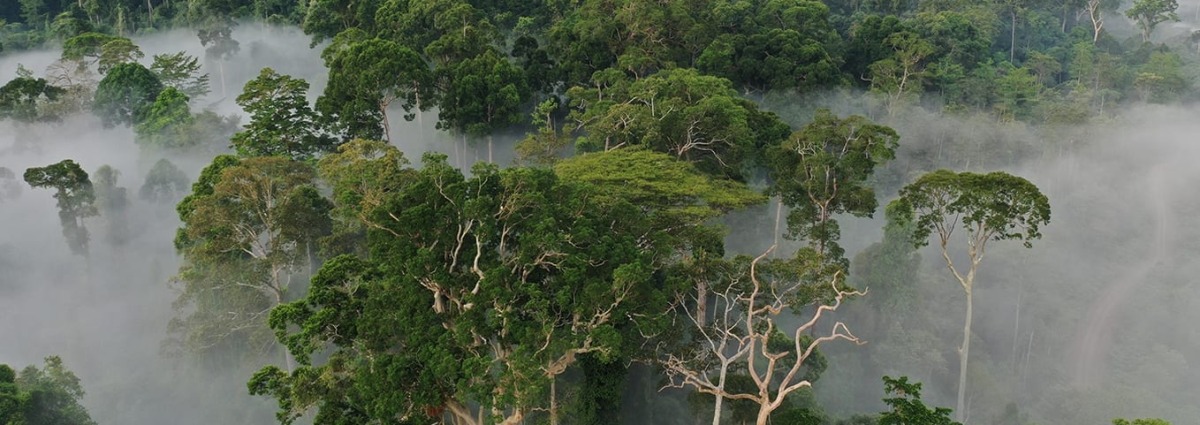
Partnering to Save Rainforest
Our partners’ ability to work with their governments and build strong connections with local communities ensures the successful implementation of our projects.
Learn More About This PartnerLearn More About This Partner
